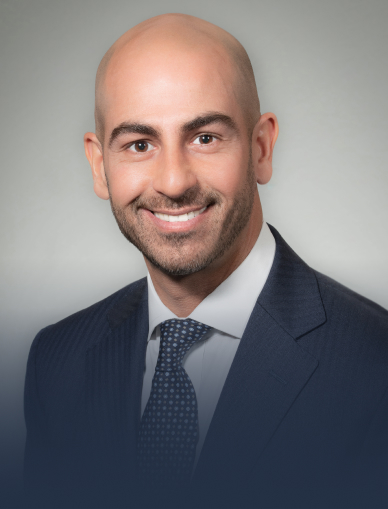Regulation D Lawyers (Reg. D Offerings)
Regulation D is just one of the exemptions that fraudsters commonly rely upon in an attempt to avoid disclosure of important facts relating to a company that might have influenced your investment decision. According to Attorney Pearce, the private nature of the investment has given many unscrupulous brokers the opportunity to profit by selling away these unauthorized products due to many brokerage firms’ lack of supervision of their sales force. These investments pose the greatest number of risks to investors, have no liquidity, pay highest commissions, and have caused investors to lose billions of dollars. These securities offerings are generally exempt from registration under the Federal and state securities laws if the issuer complies with the strict letter of the laws. Get Representation from a Lawyer with Unparalleled Experience Regarding Regulation D-related Fraud Private Placements have historically been the first source of financing of many of our greatest companies in America. Unfortunately, they have also been the number one source of investment fraud in America. The good news for victims of such frauds is that the attorneys at The Law Offices of Robert Wayne Pearce, P.A. have over 45 years experience investigating and prosecuting the perpetrators of these type of scams. Representing Clients Nationwide Although the private placement market is an important source for small business growth, investors must be wary of fraud, illiquidity, valuation figures, sales practice abuses, and marketing materials issued with inaccurate statements or omitted information pertinent to making a sound investment decision. The following are some of the primary risks associated with investing in private placements: If a broker-dealer lacks important information about a private placement issuer or its securities it is recommending, the broker-dealer must disclose this fact along with the risks that arise from a lack of information. However, a broker-dealer is not permitted to rely blindly upon an issuer for information about a company, nor may it rely on information given by the issuer or its counsel in the place of conducting its own reasonable investigation. Broker-dealers are required to exercise a high degree of care in investigating and verifying an issuer’s representations and claims. Even if a broker-dealer’s customers are sophisticated and well-educated investors, it does not obviate their duty to conduct a reasonable investigation. For more information about Private Placements/ Reg. D Offerings and our cases and investigations, click on the links below: FREE INITIAL CONSULTATION WITH PRIVATE PLACEMENT AND REGULATION D INVESTMENT DISPUTE ATTORNEYS The Law Offices of Robert Wayne Pearce, P.A. understands what is at stake in Private Placement and Regulation D investment law matters and constantly strives to secure the most favorable possible result. Attorney Pearce provides a complete review of your case and fully explains your legal options. The firm works to ensure that you have all of the information necessary to make a sound decision before any action is taken in your case. For dedicated representation by a law firm with substantial experience in all kinds of securities, commodities and investment disputes, contact us at 561-338-0037 or toll free at 800-732-2889 or via e-mail.
Keep Reading







